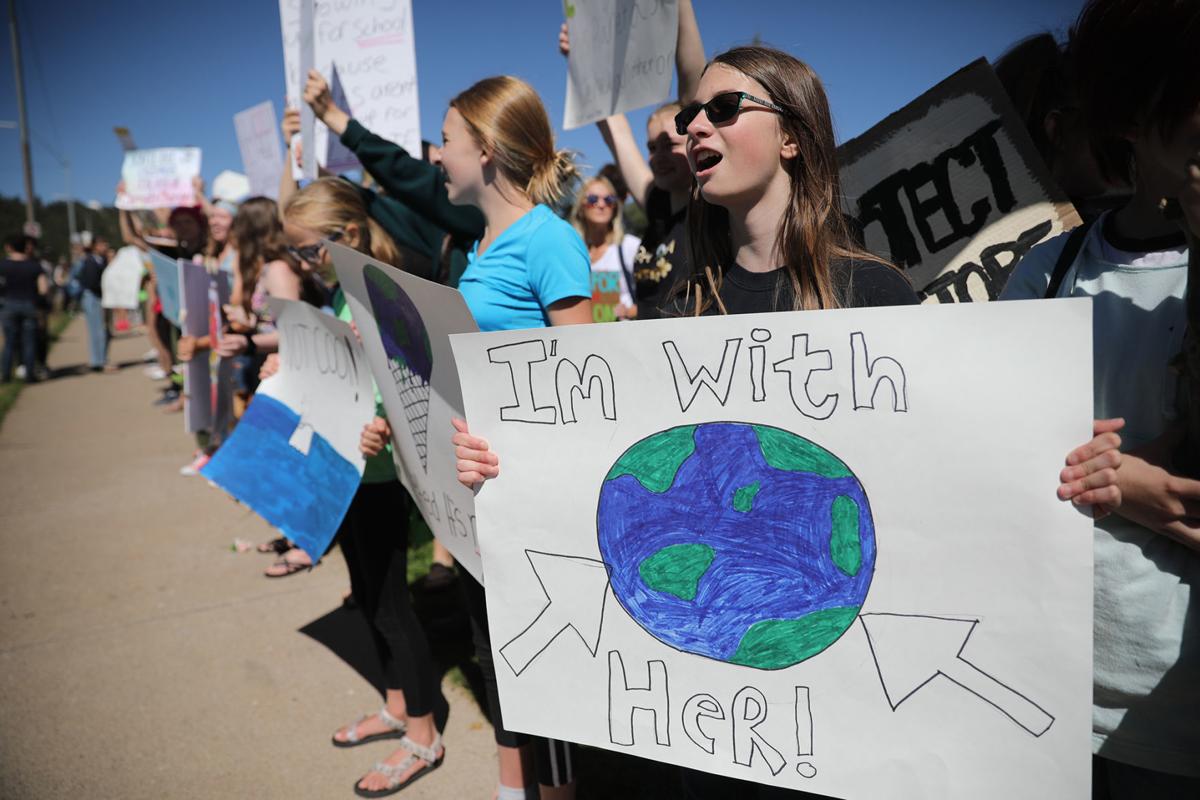In addition to operating AEC in a sustainable way and advocating for sustainability with partners, the Council wants to support and encourage AEC members in their green activities. As a European community of researchers, performers, teachers and students, we could have a bigger impact than we could possibly have as an individual.
On Sunday 22 September, at the Annual International Relations Coordinators (IRCs) Meeting in Prague, a group of participants discussed sustainable mobility, exchanging ideas, practices, and challenges. AEC would like to continue the discussion on sustainable Higher Music Education, and invites you to contact us with your ideas and practices.
How can we address climate change, the discussion and its consequences?
The first and most obvious way is to look for ways in which we can reduce our own carbon emission. Like other organisations all over the world, AEC and its member institutions could operate in a more sustainable way, by including climate in their strategies for buildings and policies on travel.
Several good practices can be found among AEC members, who implement policies to become green campuses, or use examples from the cultural sector.
The second way to address climate change considers our pedagogical and societal role, the responsibility that institutions have towards their students. Climate grief or eco-anxiety is a phenomenon which touches our students: especially younger people get affected and might lose hope for their future. This is also clear from the way that Greta Thunberg addressed the United Nations: "You have stolen my dreams". Educational institutions have to create an optimal learning environment for their students and staff. It would be beneficial to connect these learning spaces with the actual environment, both nature as well as the local communities. As pedagogues, it is important to address this question with our students, and it might affect the way they study. Is this for example a reason not to go on an international exchange? Can we organise interdisciplinary projects across our institutions to give students responsibility to tackle this issue, also taking into account increasing opportunities for virtual mobility?
The third way to address climate change lays in the power of art and culture to influence society and politics. Artists make the world a more beautiful place. There are several initiatives to which we can contribute, besides big movements such as the Global Climate Strike. You can join Artists for the Earth and take action on 22 April 2020 during World Earth Day, or join Climarte, bringing together arts organisations and academics to advocate together. There are also initiatives from direct partners, such as Take the Green Train by the European Jazz Network.
The next opportunity for you to address these questions is during the Regional Meetings at the AEC Congress in Turin. Let us know about your good practices on travel policy, concerts for the environment, questions and challenges, and AEC will share them within its community.






